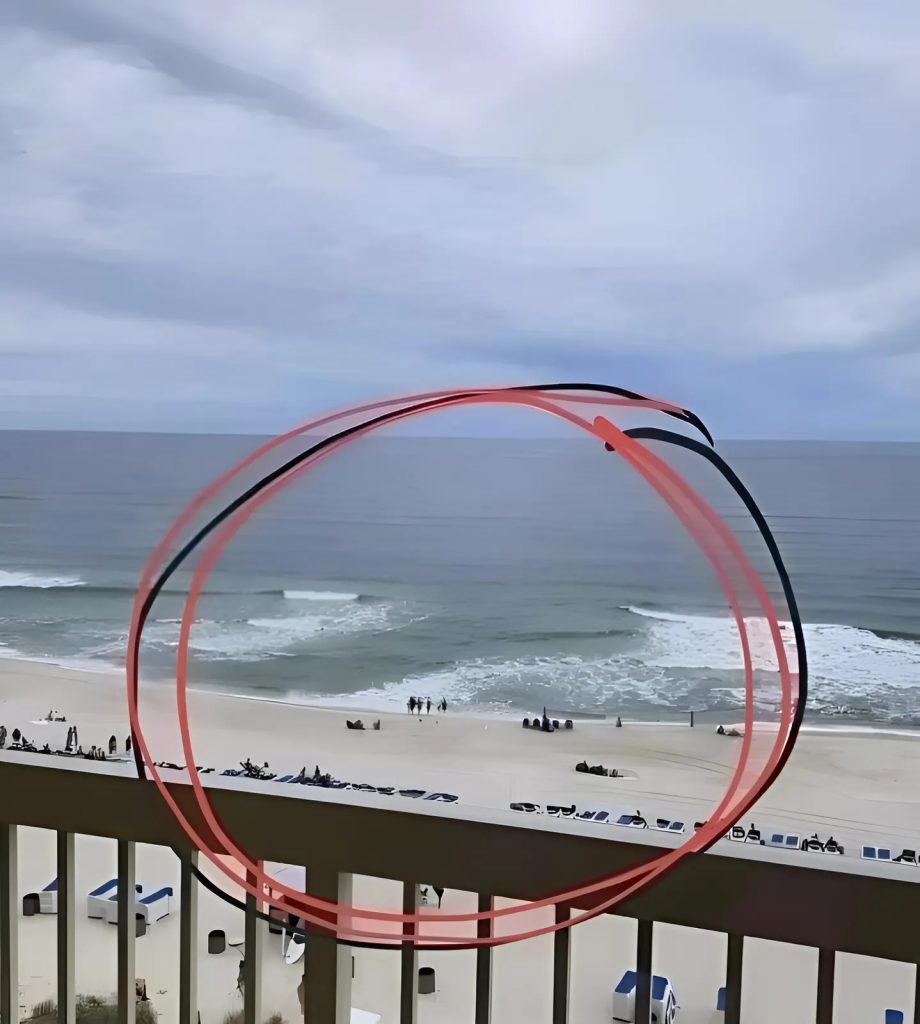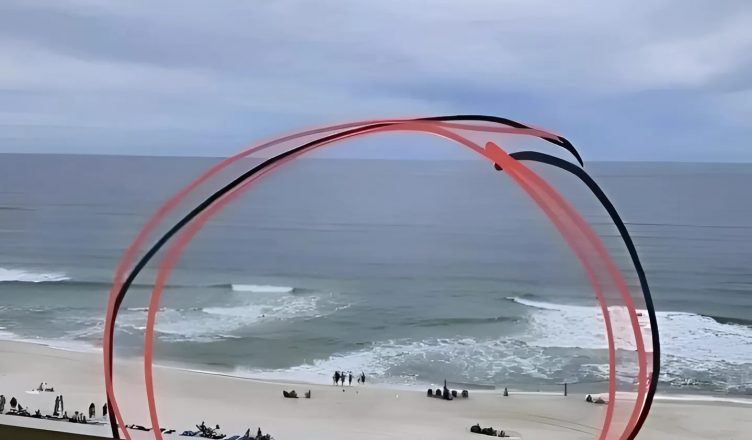Many beachgoers naturally seek out calm, wave-free waters for a relaxing swim, assuming they are the safest spots. However, these seemingly peaceful areas can actually be the most dangerous places to enter the ocean.
THE HIDDEN THREAT: RIP CURRENTS
What looks like a tranquil, wave-free zone is often a sign of something far more dangerous—a rip current.
Rip currents are powerful, fast-moving channels of water that pull swimmers away from shore. Unlike strong crashing waves, which push water onto the beach, rip currents create an invisible pull beneath the surface, making them difficult to spot but extremely dangerous.
HOW TO IDENTIFY RIP CURRENTS
Rip currents don’t always look obvious, but there are a few key signs:

A stretch of water that appears unusually calm compared to surrounding areas.
A deeper or darker section of ocean with no breaking waves.
Foam or debris moving steadily away from shore.
Choppy or swirling water within a confined area.
WHAT TO DO IF YOU GET CAUGHT IN A RIP CURRENT
If you ever find yourself being pulled away from shore, don’t panic. The worst thing you can do is fight against the current. Instead, follow these steps:
Stay calm and float to conserve energy.
Don’t swim directly against the current—you will tire quickly.
Swim parallel to the shoreline until you escape the current, then swim back at an angle.
If you can’t break free, wave for help and try to stay afloat.
PREVENTION: HOW TO STAY SAFE IN THE OCEAN
Always swim in lifeguard-patrolled areas where trained professionals can assist if needed.
Never swim alone, especially in unfamiliar waters.
Observe the water before entering and look for signs of rip currents.
Follow local warnings and advice from beach authorities.
KNOWLEDGE SAVES LIVES
Rip currents cause more rescues and drownings than any other beach hazard. By understanding their dangers and knowing how to react, you can protect yourself and others.
Next time you’re at the beach, remember: the calmest-looking water isn’t always the safest. Stay informed, stay alert, and enjoy the ocean responsibly.
